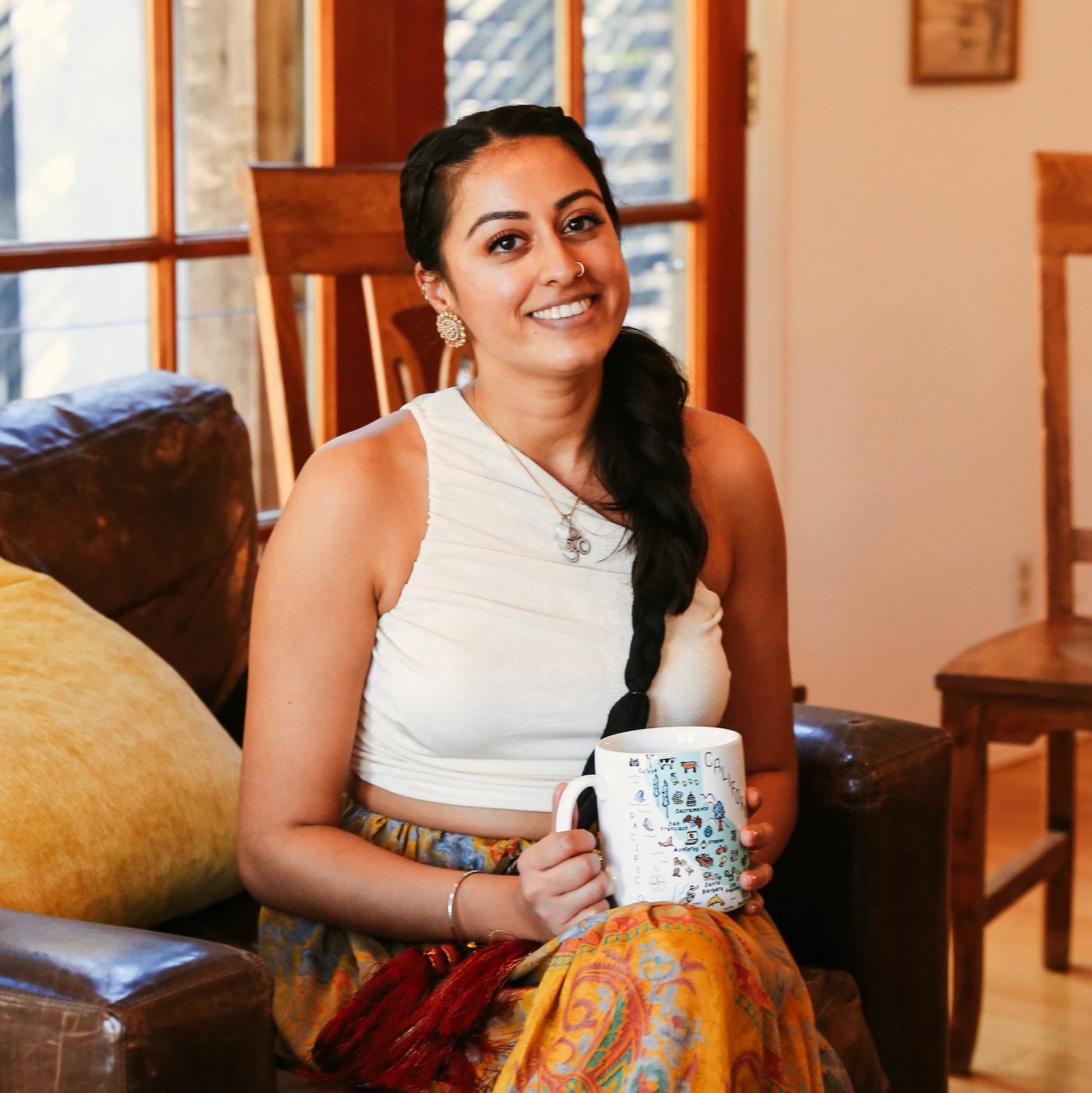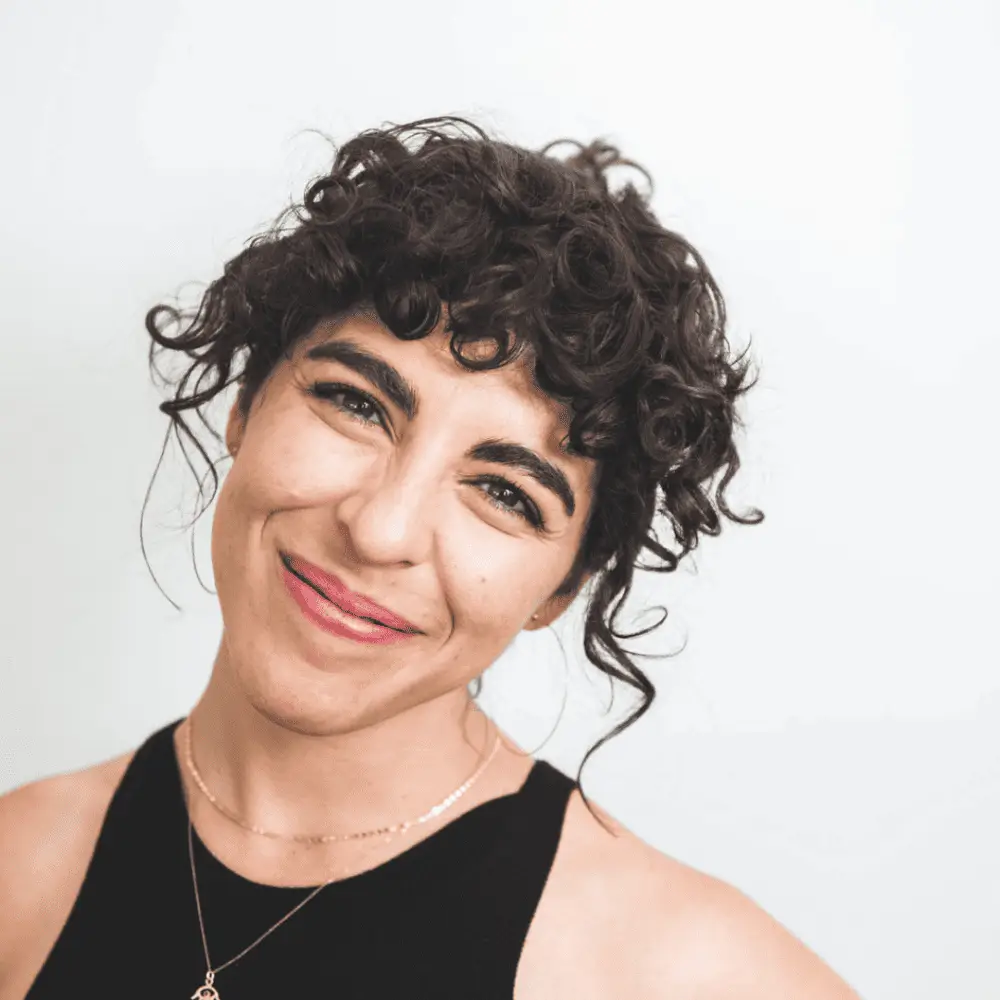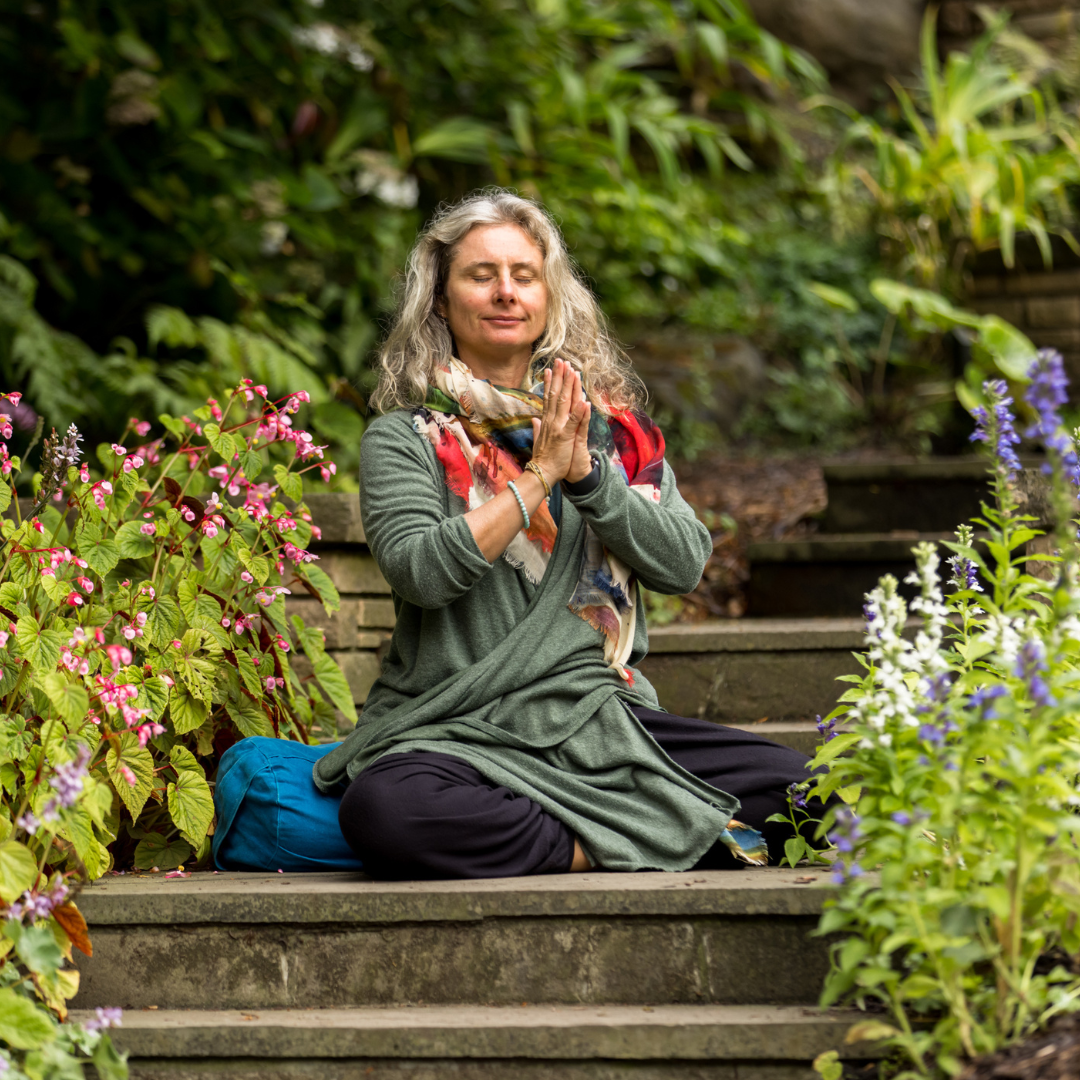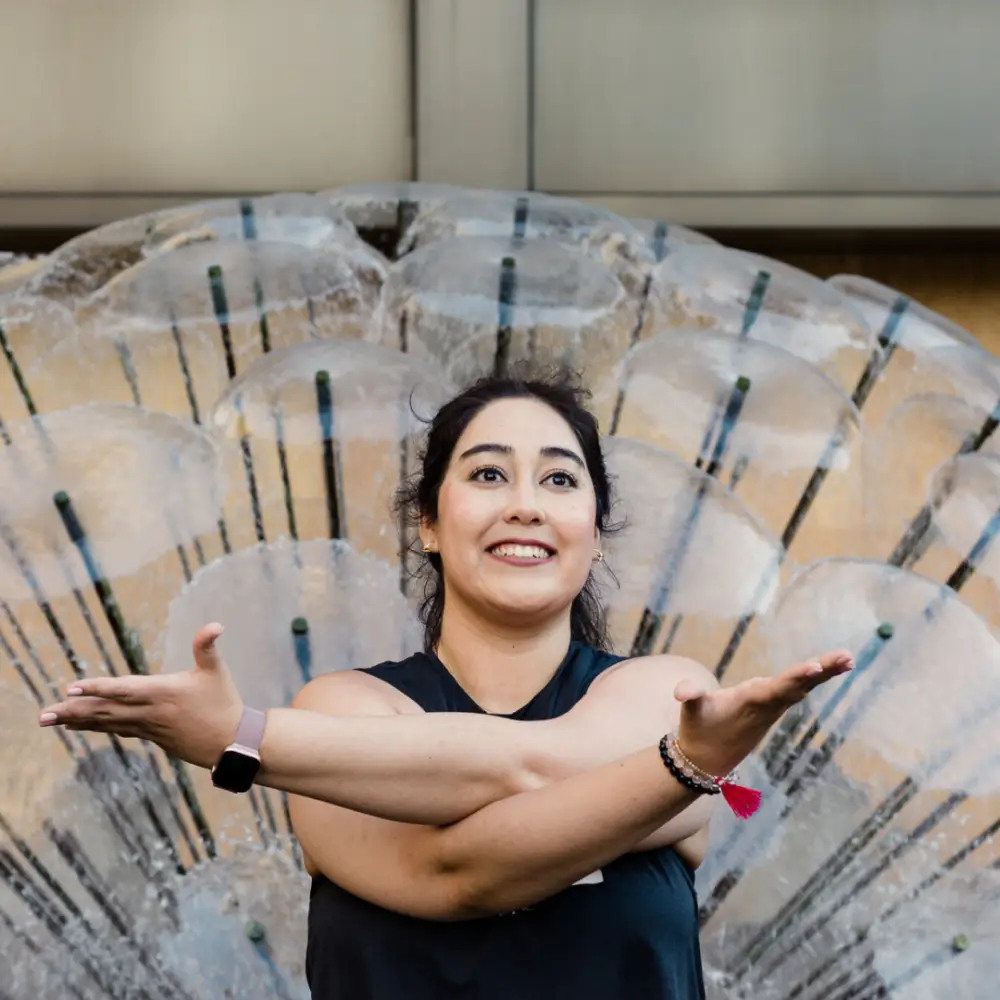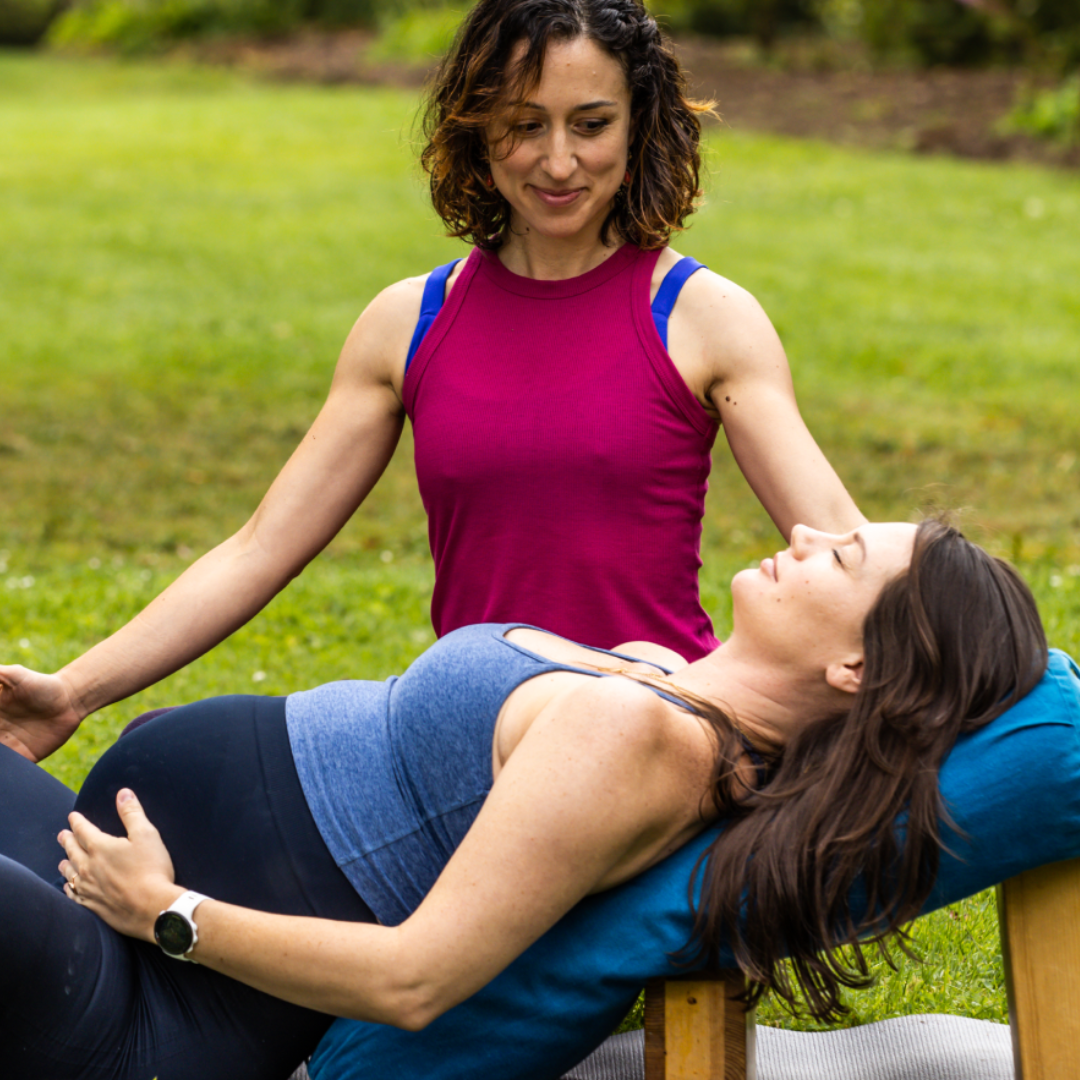TRAUMA-INFORMED YOGA
Learn to provide safety and security as a
trauma-informed yoga instructor.
HARM REDUCTION IN YOGA SPACES
Teach trauma-informed yoga and work to make your yoga class a safer, more inclusive space.
Study with highly skilled trauma-informed instructors and learn how trauma affects our thoughts, is expressed in the body, and shows up in the yoga room, so that you can create a more welcoming space in your classes.
CURRICULUM
Students in this program explore a wide range of topics, including intersectionality, mindfulness, somatic psychology, and how yoga philosophy intersects with modern psychology on the topic of trauma. This training is conducted entirely interactive on-line, so it can be taken from anywhere.
IMPACT
By gaining a better understanding of what trauma is, how it lives in our bodies, and how it shows up in yoga spaces, you can bring the peaceful, healing practices of yoga and seated meditation to a wider audience.
45 hour CURRICULUM BY MODULE
In this independent study module, you will meet your instructors via recordings, and complete approximately 5 hours of reading and viewing assignments, along with a simple assessment. This module will be available as soon as you enroll in training and must be completed before you proceed to any of the other modules.
In this module, you’ll gain a deeper understanding of how trauma affects the brain and autonomic nervous system, and the implications trauma has on our daily behavior, ability to concentrate, and our personal sense of safety. You’ll get to understand the three central brain regions and how they correlate to trauma, and also explore the concepts of addiction and shame. You’ll also gain a greater understanding of how trauma is defined through both Yogic and Buddhist frameworks, and explore the timeless practice of mindfulness as a way to work with post-traumatic stress. This module is mostly theory and discussion with some periods of seated meditation practice.
This module explores intersectionality, which is a framework for understanding how aspects of a person’s social and political identities combine to create different lived experiences. No matter our individual backgrounds, we have all been negatively impacted by white supremacy culture, which dominates the many aspects of our society, from education to housing to healing practices like yoga. In order to dismantle this toxic culture and the trauma that is a systematic part of its design, we must commit to a process of decoupling our healing from capitalist, hetero-patriarchy, and to teach in an intersectional way. In this training, we’ll go back in time to fetch the true intentions of this ancient healing practice and carry it forth, along with our own personal ancestral practices. You’ll gain a better understanding of how modern yoga often functions as a tool of oppression (rather than healing), and the ways in which we each play a part in this paradigm. You’ll also be empowered to create more inclusive spaces of healing in your own classrooms. This module includes lecture and group discussion, as well as somatic exercises geared toward self-inquiry and ancestral healing.
In this module, you will learn how U.S. birthing culture, healthcare disparities, and systemic trauma can all lead to traumatic experiences for pregnant and birthing people, and why it is essential to hold this knowledge when teaching to this population. In a brave and courageous space, you’ll learn how to create safer and more welcoming yoga classes that incorporate invitational and inclusive language for your prenatal students. This module includes healing-centered practices such as body scans, somatic movement, affirmations, and connection.
In this module, you’ll learn about the trauma experienced as a result of sexual harassment and assault, and how this form of trauma has been, at times, a serious problem in the yoga world. You’ll explore these issues in a brave and courageous space, and learn how to teach in a trauma-informed way that is sensitive to survivors of assault and includes positive imagery, non-triggering and respectful language, and trust-building. This module includes practices such as restorative yoga, body scans, self-compassion, and intention-setting.
This module gives you a broader understanding of how children and adolescents experience trauma, and how to work with them in a positive, trauma-informed way. You’ll also gain a deeper understanding of how childhood trauma affects adults, how remnants of one’s childhood trauma might show up in a yoga class, and how to create an environment that helps adults to be compassionate with and work to heal these traumatized parts of themselves. You’ll learn trauma-informed teaching techniques that can be used specifically for children and teens, including intentional breathing practices, somatic experiencing, tapping and drumming, and mindfulness.
In this module, Harpinder Kaur Mann, co-founder of the Womxn of Color Summit, will discuss, from an Indian-American perspective, the subject of cultural appropriation in the modern yoga world—and the damage that this appropriation can perpetuate. This will be a contemplative space to explore the entanglement between cultural appropriation, colonization, and New Age Spirituality and understand how we, as conscious yoga teachers, can help to dismantle the cultural appropriation of yoga, and learn how to better honor yoga’s roots. Harpinder will share observations and solutions from her own personal journey, offer space for deep reflection, and lead participants in a short trauma-informed meditation session. By working towards intentionally decolonizing yoga, we embody values of compassion, equanimity, and integrity, which helps release patterns of oppression.
This module explores the intersection between the ancient practice of yoga and the Western-based somatic approach to understanding and healing trauma. You’ll learn the myriad ways that the body holds and releases stories of the past. You’ll also learn about important ethical principles of teaching trauma-informed yoga, the different settings and professions that are part of this work, how to get involved as a yoga teacher, and the importance of setting boundaries when working in this field. This module includes a range of practices, including meditation, visualization, journaling, and somatic experiencing exercises.
Natalia Tabilo, the founder of Yoga for All Bodies, will lead you through an exploration of how to serve diverse populations from a trauma-informed perspective, with an emphasis on students in larger bodies and people with disabilities (visible or invisible). You will analyze phrases, cues, and actions that have been normalized in yoga, but can perpetuate harm in people who have experienced fatphobia, ableism, microaggressions, and lack of agency around their bodies. You’ll receive concrete tips, actions, and best practices to create spaces in which everybody is truly welcome and can show up as they are. Natalia will also share stories of her own experience as a teacher with a larger body and with a disability. This is an essential training for any trauma-informed teacher.

